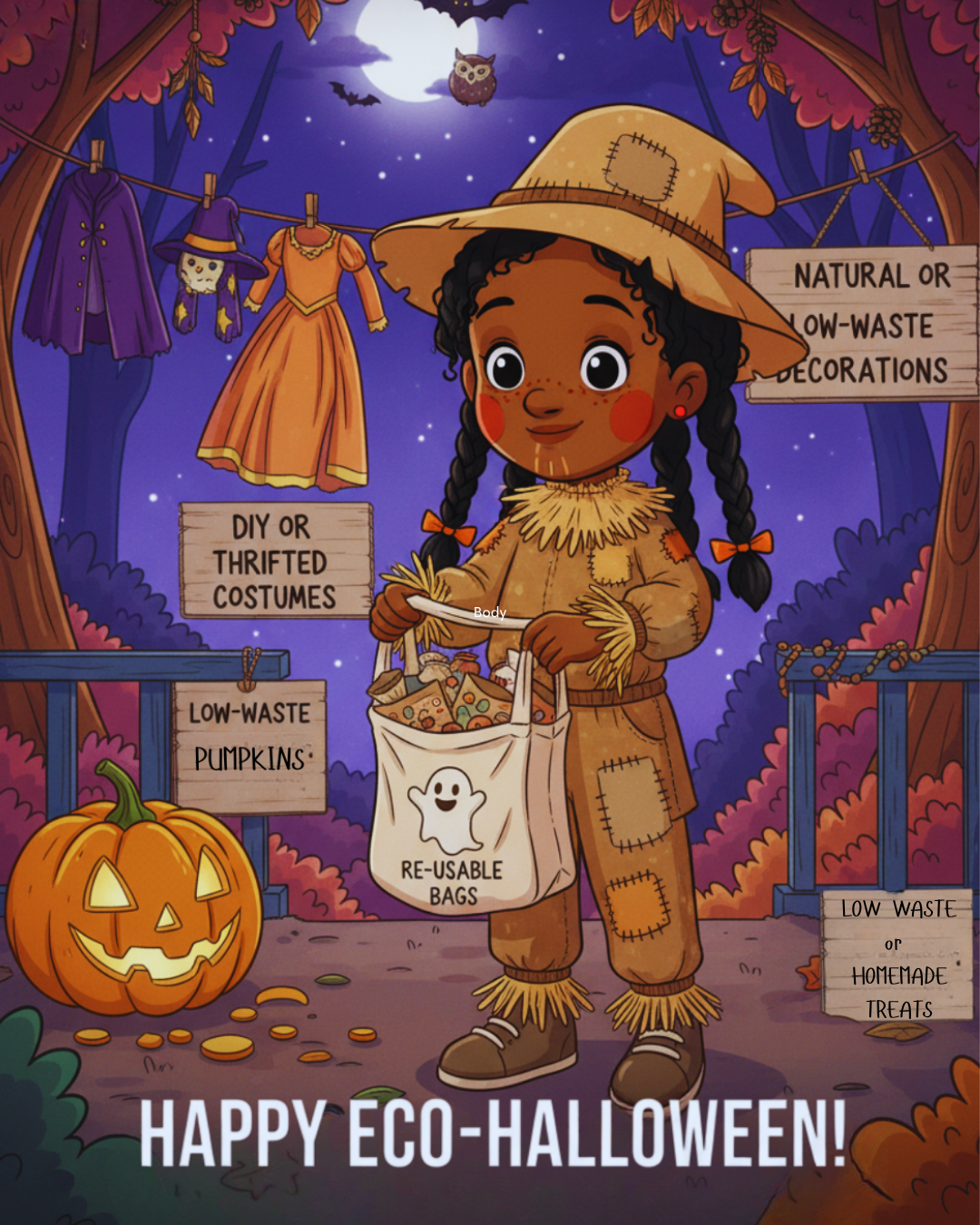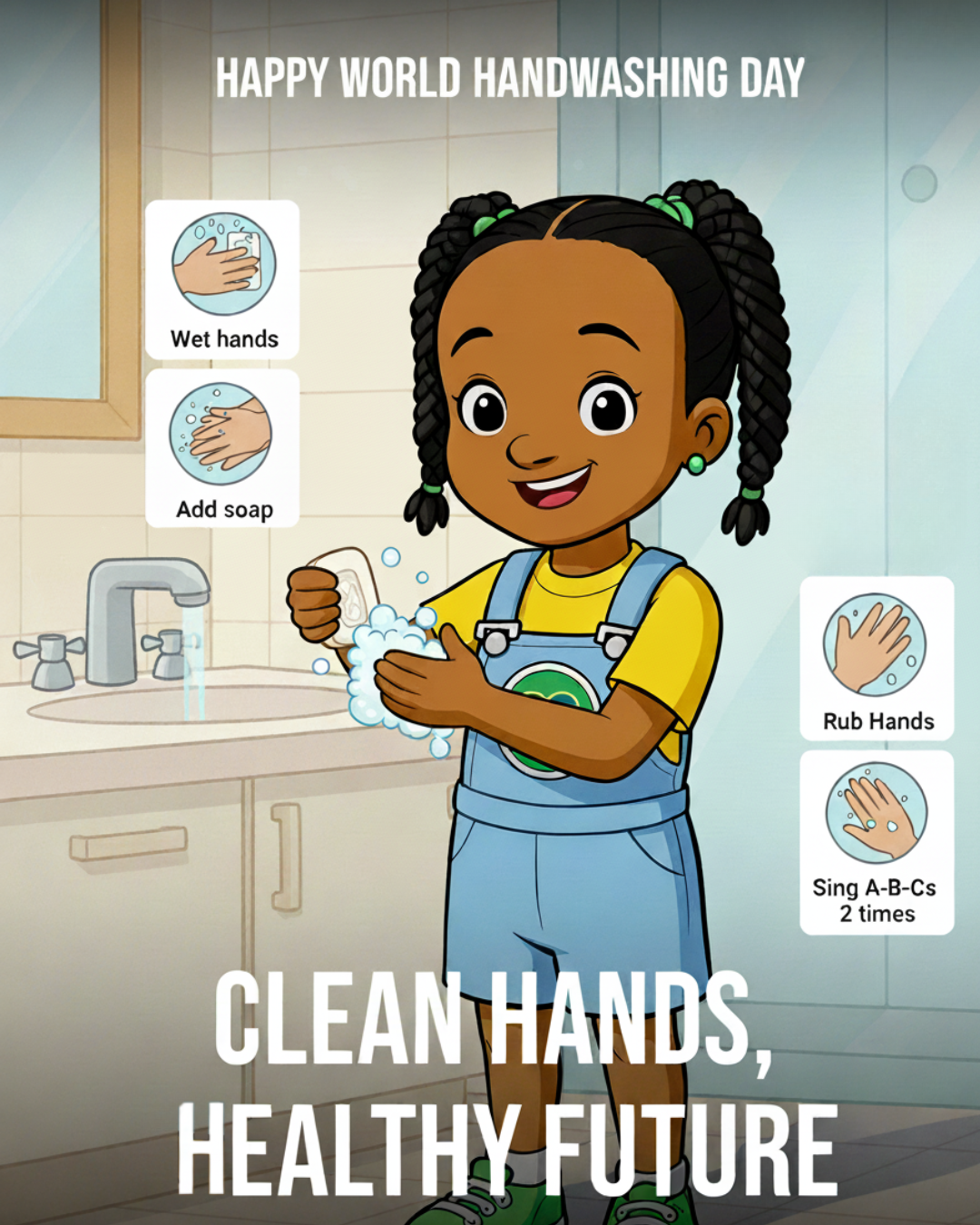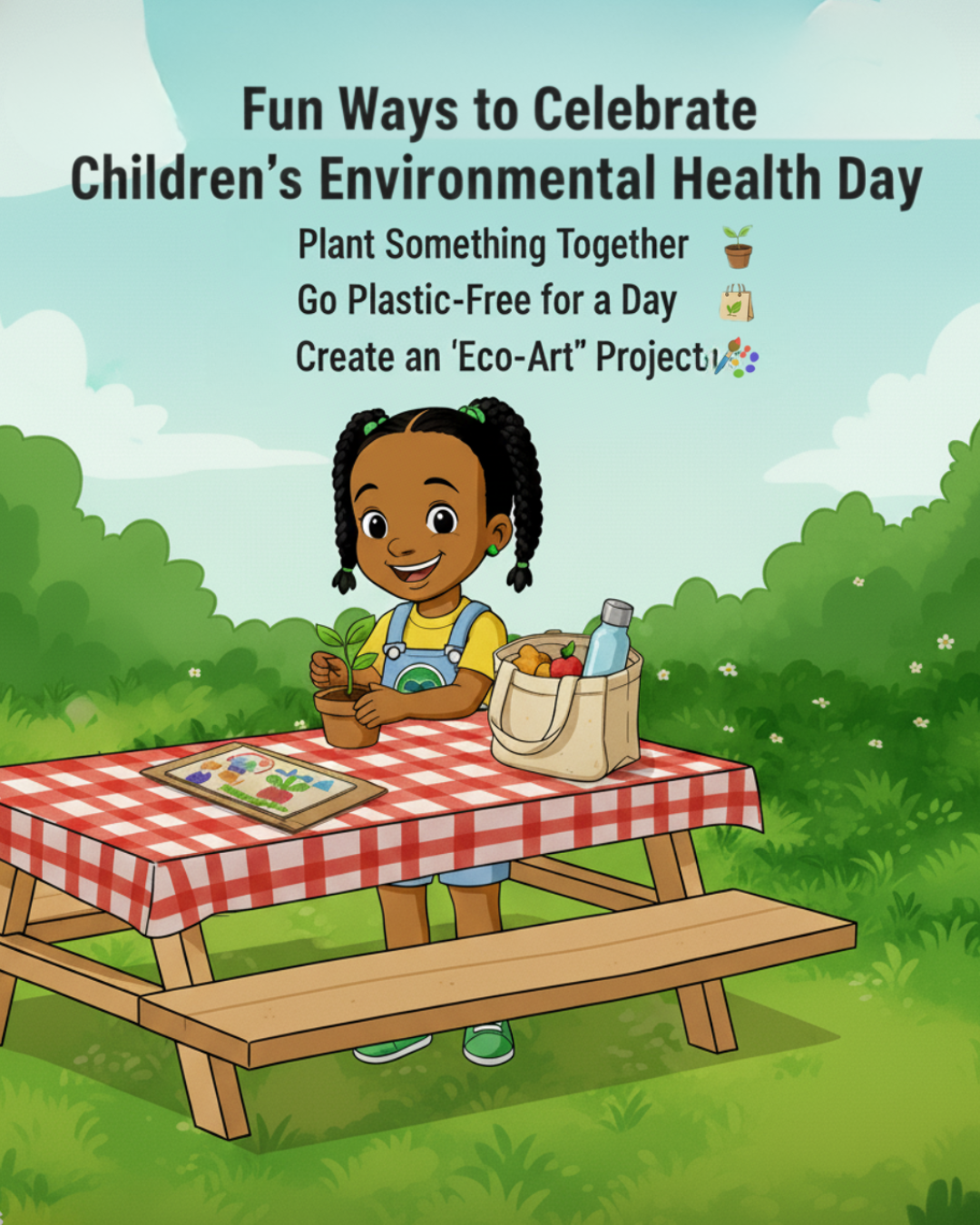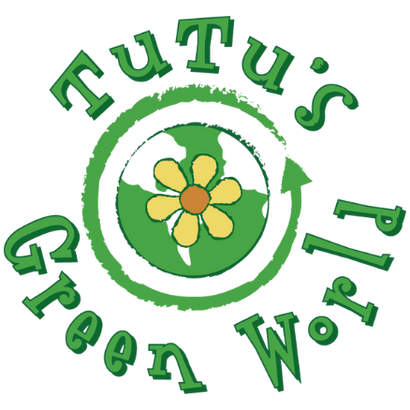
10 Green Living Tips for World Habitat Day
World Habitat Day is a great opportunity to teach our children about protecting our planet. As parents, we are shaping the next generation of eco-conscious individuals, and the habits we encourage today can have a lasting impact. By incorporating simple, family-friendly green living practices, you can help your kids grow up with a deep respect for nature while making your household more sustainable.
Here are 10 green living tips for parents of young children to celebrate World Habitat Day.
1. Start a Recycling Game
Teaching kids the importance of recycling can be both fun and educational. Create a game where children learn how to sort recyclables—paper, plastic, glass—into the correct bins. You can make it competitive by timing them or offering small rewards for getting it right. This helps instill the habit of recycling early on while keeping it engaging.
2. Opt for Energy-Efficient Appliances
Many appliances, like washing machines and dishwashers, are used frequently in homes with young children. Switching to energy-efficient models can save energy and reduce your utility bills. Encourage kids to be part of the process by letting them push the eco-setting buttons, and explain how these small actions help the planet.
3. Make a Solar Oven
A great way to teach children about renewable energy is to build a simple solar oven together. Use household items like a pizza box, aluminum foil, and plastic wrap to create an oven that can harness the power of the sun to make snacks like s’mores. Not only is this a fun, hands-on activity, but it also introduces the concept of solar energy in a kid-friendly way.
4. Create a Water-Saving Routine
Young children often love water play, but it’s important to teach them how to conserve water. Make it a game to see who can turn off the faucet the fastest while brushing their teeth or who can take the shortest shower. Installing a low-flow showerhead or using a timer to limit water play can help reduce water waste and make kids more mindful of their consumption.
5. Choose Eco-Friendly Toys
Many toys are made from plastic, which contributes to pollution. Opt for toys made from sustainable materials like wood, organic cotton, or recycled plastic. Look for brands that prioritize sustainability and ethical production. You can also teach kids to cherish their toys by repairing them instead of throwing them away, fostering a sense of care for their belongings and the environment.
6. Reduce Plastic at Home
Make it a family goal to reduce plastic use. Pack lunches in reusable containers, switch to stainless steel water bottles, and bring reusable shopping bags to the grocery store. Let your kids pick out their own fun, eco-friendly items like a reusable lunch bag or water bottle with their favorite colors or characters. Engaging them in these choices makes them feel like part of the effort.
7. Plant a Family Garden
Gardening with young children is an excellent way to teach them about where food comes from and the importance of taking care of the Earth. Planting vegetables, herbs, or flowers that attract pollinators can be a rewarding family activity. Let your children be responsible for watering and caring for specific plants, teaching them responsibility and environmental stewardship in a hands-on way.
8. Incorporate Meatless Mondays
Introducing your kids to plant-based meals can be fun and delicious. Pick one day a week, like Meatless Monday, to try new vegetarian or vegan recipes together. Involve your children in the meal prep—whether it’s stirring, washing vegetables, or picking ingredients. This not only teaches them about healthy eating but also reduces the environmental impact of meat consumption.
9. Support Local Farmers
Going to the farmers' market with your children can be an educational adventure. Talk to them about how buying local helps reduce carbon emissions because food doesn’t have to travel far. Let them pick out fruits and vegetables, and teach them to appreciate fresh, seasonal produce. This experience can also help foster healthy eating habits.
10. Read Eco-Themed Books Together
Storytime is a wonderful way to introduce young children to environmental themes. Look for children’s books that teach about nature, animals, and the importance of protecting the planet. Stories like The Lorax by Dr. Seuss or The Earth Book by Todd Parr can spark conversations about sustainability and the importance of caring for our habitats.
Final Thoughts
As parents, we have the unique opportunity to teach our children the values and habits that will shape their futures. By incorporating these green living tips into your family’s routine, you’re not only making your household more sustainable, but also nurturing eco-conscious values in your little ones.
This World Habitat Day, let’s focus on creating healthier homes for our families and teaching the next generation how to care for the planet. Together, we can make a big difference—one small green step at a time.
Also in TuTu's Green Stuff Blog

How to Have a Spooktacularly Sustainable Halloween 🎃
Halloween is one of the most exciting nights of the year—costumes, candy, decorations, and spooky fun galore! But all that festivity often comes with a scary side effect: waste. From single-use costumes to plastic candy wrappers, the holiday can take a real toll on our planet. The good news? You can keep all the magic (and mischief!) of Halloween while being kind to the Earth. Here’s how to make your celebration sustainable, creative, and just as fun as ever.

Global Handwashing Day: Wash, Protect, and Shine 🌎🫧
Every year on October 15, people all around the world celebrate Global Handwashing Day. It might sound simple, but this day is a powerful reminder of how one small habit, washing your hands properly, can make a huge difference in keeping you and others healthy. From classrooms to sports fields, clean hands are a key part of staying safe and strong.

A Healthier Planet, A Healthier You: Celebrating Children’s Environmental Health Day
Every October, Children’s Environmental Health Day reminds us that caring for our planet means caring for ourselves. 🌎 First established in 2016 by the Children’s Environmental Health Network, the day shines a spotlight on the connection between a healthy environment and the well-being of children everywhere. It encourages kids, families, and communities to take simple steps that protect the earth and create a healthier world for future generations.
